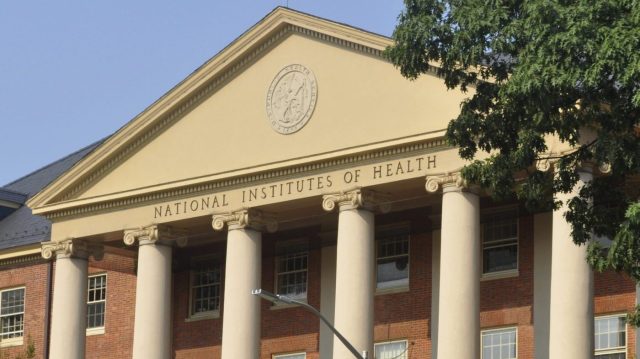Health Research in Crosshairs: Trump Budget Slashes NIH Funding Dramatically

In a bold fiscal move, the White House unveiled President Trump's budget proposal for the 2026 fiscal year, signaling significant cuts to federal spending. The most striking element of the plan targets the Department of Health and Human Services, with a proposed reduction of approximately 25% in discretionary funding.
This substantial budget trimming reflects the administration's commitment to fiscal restraint and potential restructuring of government healthcare spending. The proposed cuts could have far-reaching implications for various health programs and federal initiatives currently managed by the department.
While specific details of the proposed reductions are still emerging, the budget request is likely to spark intense debate among policymakers, healthcare advocates, and budget analysts. The dramatic funding decrease suggests a strategic approach to government spending that prioritizes fiscal conservation over expansive health service budgets.
As the proposal moves through congressional review, stakeholders will be closely monitoring how these potential cuts might impact public health services, medical research, and social welfare programs supported by the Department of Health and Human Services.
